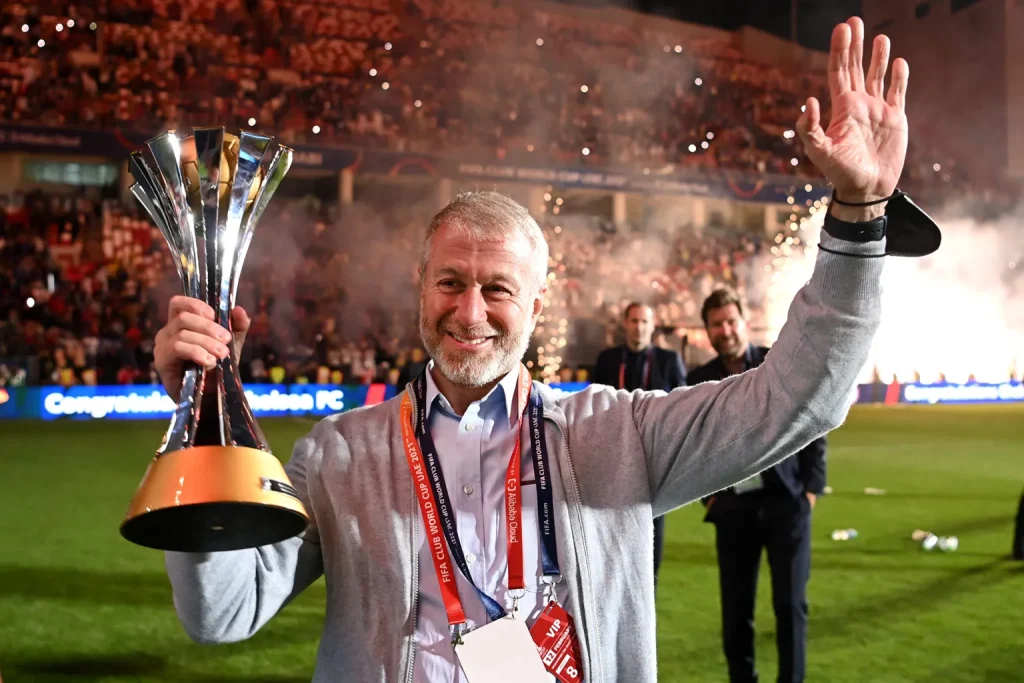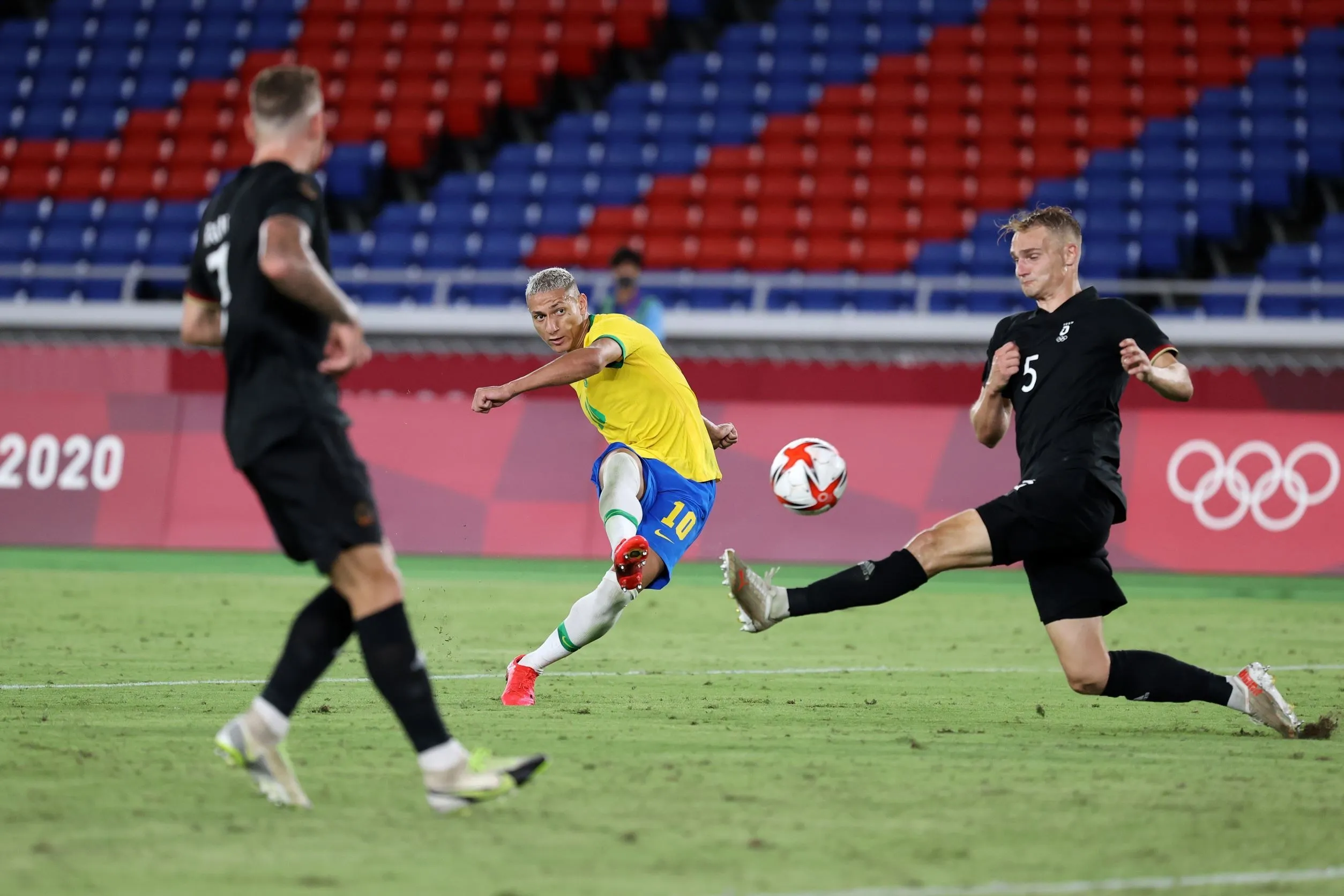One evening last October, a large number of fans started assembling outside St. James’ Park, the 130-year-old home of the English soccer club Newcastle Joined together, to praise a fresh start. Some brandished the club’s customary highly contrasting striped shirts. Others carried instances of liquor. There was no match that day, yet that main superior the mind-set. In seven games that season, the group presently couldn’t seem to record a success. Newcastle, when quite possibly of the best side in Britain, had persevered through long stretches of unremarkableness under the responsibility for parsimonious neighborhood outdoor supplies financier. Jaybirds allies turned to storing jars of lager for the day their fortunes changed. That day had come finally.
The key securing who might turn Newcastle around was definitely not a new midfielder or a chief; he was a killer. The club had been offered for $409 million to a venture bunch drove by Saudi Arabia’s Public Speculation Asset, a practically interminable hold of money constrained by Mohammed container Salman, the nation’s accepted head of state. In 2018, as per the US government, MBS had by and by supported an activity to kill a Washington Post writer. In any case, as the insight about the takeover sank in, the evisceration of Jamal Khashoggi with a bone saw was the keep going thing on the personalities of these allies. To certain, MBS appeared to be a point for the arrangement. Outside the arena and via virtual entertainment, fans added another twist to the group’s uniform — they wore red and white head covers, in impersonation of the Saudi ruler. “We’re more extravagant than you,” the group sang. One ally wore a MBS veil.
The fans in Newcastle were unsubtle, yet all the same scarcely novel. Soccer is going through a monetary and international purge that has introduced an overlaid period of overabundance, filthy cash, and disparity. Energized by Money Road and petrostates, the game is more beneficial than any other time. However, the outcomes of combination and uncontrolled cash have become more clear, as well. The account of how groups like Newcastle win is additionally about what fans, organizations, and states lose to arrive. To watch the Head Association on Saturdays, or the World Cup this November, is to encounter a compressed lesson in private enterprise and power today.
Similarly as the Moneyball period created an age of baseball fans who talked like Nate Silver, soccer’s time of wantonness has transformed fans into current-illicit relationships obsessives. Sovereign abundance assets, approvals, and obligation saturate Saturday-morning jabber with similar recurrence as counter-squeezing or anticipated objectives. The powers forming current soccer into something greater, better, and more ethically bankrupt than any other time in recent memory are the very ones that have exploded all the other things. Following the game is schooling in oligarchs, oil, defilement, media, partisanship, governmental issues, and the financialization of everything. You don’t for even a moment need to like soccer to gain from it — on the grounds that in a ton of ways, the narrative of the game’s most recent twenty years hasn’t been about soccer by any means.
Soccer has forever been a reflection of the bigger world, however the picture it’s reflecting back is quite new. In 2004, Franklin Foer distributed How Soccer Makes sense of the World: A Far-fetched Hypothesis of Globalization. It was a standard text for Americans who checked out European soccer in the mid 2000s, matching with the US ladies’ Reality Cup triumph and the men’s impossible race to the quarterfinals; the film Twist It Like Beckham; the genuine David Beckham; and the development of satellite television and unlawful streaming. You used to need to head out abroad to get to this world; presently anybody could tune in.
The book’s title is a sort of scientifically measuring. Everybody had a far-fetched hypothesis of globalization in those days; on the off chance that you took too lengthy in the McDonald’s drive-through, Thomas Friedman would burst through a wall to fill you in about “Brilliant Curves Hypothesis.” Foer’s subjects moved toward the nationalistic — a Serbian group of followers whose individuals shaped a paramilitary unit; the Catalan character of FC Barcelona. It makes for a fabulous travelog. Be that as it may, it likewise peruses like a story from before the Flood. The powers and characters that have reshaped European soccer throughout the course of recent many years scarcely appear. You won’t track down any reference to Qatar, Vladimir Putin, utilized buyouts, or the Super Association. There’s an “oligarch” — however it’s Silvio Berlusconi.
That is on the grounds that something stupendous happened soon after the book emerged: the Russian extremely rich person Roman Abramovich won his most memorable English Chief Association title with Chelsea, the club he’d several years sooner following 15 minutes of exchanges. The appearance of a Kremlin-connected oligarch in London foretold a gusher of cash that changed the game. It changed how the game was subsidized, the way things were coordinated, and where and when it was played — and thusly, it changed how individuals discussed the funds of the game, or how they justified not discussing them.
The narrative of soccer’s glittery change, and the battle about what it will become, is in a general sense established in how the landmass’ commercial center is organized. In Britain, and in every one of the 54 different countries that comprise European soccer (except for Liechtenstein), groups are coordinated into pyramids of associations. There are 92 expert men’s groups in the English association framework, split into four levels, with a huge range of expert, amateur, and beginner associations beneath that. These pyramids are a piece like American expert baseball, yet in contrast to it in a key way: Participation in the first class — whether it’s La Liga in Spain or the Kategoria Superiore in Albania — isn’t fixed. Groups can be elevated to the association above them, or consigned to the association underneath them, toward the finish of each season. (Ladies’ soccer is also coordinated, with people’s groups frequently working under the umbrella of similar clubs, yet the game’s supporters have generally pampered their assets on the men’s down, so except if generally determined, those are the groups and contests I’m alluding to.) The groups at the very highest point of every country’s pyramid meet all requirements to play in European competitions the following season, of which the most esteemed is the Heroes Association. In 2020-2021, the 32 groups that took part in the last adjusts of the Heroes Association split $2 billion in prize cash. The champ, Abramovich’s Chelsea, took in $126.5 million. The highest point of the pyramid is where the cash is — however it’s far down assuming you fall.

For the vast majority of its set of experiences, the English pyramid was commonplace, terrible, and unbeneficial. Albeit the nation had created the cutting edge rendition of the game, its clubs were cash pits, the space of financial specialists more keen on a great time than in a wise venture. The activity on the field was just somewhat more refined than the activity in the stands, where viciousness and hooliganism were wild to the point that English sides were restricted from going after European cups for a significant part of the 1980s. Between the rough play and sparse television inclusion, it was difficult to watch, in each sense. Be that as it may, in 1992, the 22 greatest clubs split away from the remainder of the English pyramid and shaped the Head Association. They would in any case have transfer, yet they would never again impart television incomes to every other person. Furthermore, they conceded selective freedoms to a news investor with the capacity to make them popular and rich: Rupert Murdoch.
When Abramovich came bringing in 2003, the Head Association had arisen as an alluring worldwide item. However, groups were still generally claimed by similar neighborhood fellows. Chelsea’s English proprietor had brought in his cash in concrete, bought the club for £1, and piled up significant unpaid liability. The club’s hero showed up out of a haze. Abramovich’s biographers referred to him as “the extremely rich person from no place.” A Russian media source once offered 1,000,000 rubles to any individual who could deliver a photograph. After the fall of the USSR, when Boris Yeltsin auctions off state resources in return for political help, Abramovich gained a state-claimed oil organization for a small part of its worth with the assistance of an individual oligarch. Afterward, he’d stretched out into metals, arising alive as well as more extravagant after a time of fierce market combination known as the “aluminum wars.” When Putin got control over the oligarchs, Abramovich kept away from a similar destiny, filling in as legislative leader of the Siberian district of Chukotka. In 2003 Forbes called him the second-most extravagant man in Russia, with a $5.7 billion total assets — a figure that would develop fourfold inside a couple of years.
He had really buckled down, and presently, Abramovich reported, the time had come to play hard. “There are loads of rich, youngsters in Russia,” he told the BBC in his most memorable public remarks in London. “We don’t experience that long, so we procure it and spend it.”
Abramovich reclassified what it intended to spend it. Subsequent to paying $230 million for the club, he laid out one more $195 million on new signings surprisingly fast. He formed the club in his own picture — an unbelievably affluent association that ate up resources and broadened the hole between those who are well off and the less wealthy. In twenty years he came out on top for five Chief Association championships and the Bosses Association two times — and burned through $2 billion to make it happen. Yet, he wasn’t simply having some good times. In the event that you were following Chelsea, you could have seen something different: This wasn’t just about how Abramovich could help soccer — it was likewise about how soccer could help Abramovich.
In 2021, Abramovich sued the analytical correspondent Catherine Belton for slander over statements she remembered for a hazardous book called Putin’s Kin. As per court filings, his lawyers disagreed with remarks from a previous Putin partner turned nonconformist, and a few different sources, guessing regarding whether the Russian president had coordinated the acquisition of Chelsea to acquire new impact in the UK. At the point when Belton concurred the previous winter to add new dialect underscoring Abramovich’s exhausting dissents and the absence of obvious proof for the case (it “was never expected as a proclamation of truth,” she said at that point), Chelsea gave a victorious public statement.
Getting a soccer group to praise your settlement, however, supported a bigger point: This was Abramovich’s traction; he was the English nobility now.
“There’s this Russian word krysha, which in a real sense implies rooftop, yet as a general rule signifies ‘security’ — each money manager must have a suitable krysha, which would be a cop you’re paying off or a lawmaker. His krysha was London,” says Oliver Bullough, an English columnist who guides Kleptocracy Visits through the city’s most extravagant areas.
Chelsea’s proprietor had shown up as the vanguard of another time. Oligarchs charmed themselves into the UK’s most renowned social and political establishments, which took their cash without posing such a large number of inquiries about its provenance. Abramovich spent in excess of a quarter-billion bucks to gain many UK properties. He paid lease to the sovereign, bought a financial backer visa, recruited costly legal counselors, and, as per tabloids, sent his little girls off to school in a helicopter. At the point when the Isle of Jersey welcomed Abramovich to moor his billions in the seaward expense sanctuary, it highlighted Chelsea and his UK visa as verification of his great standing.
